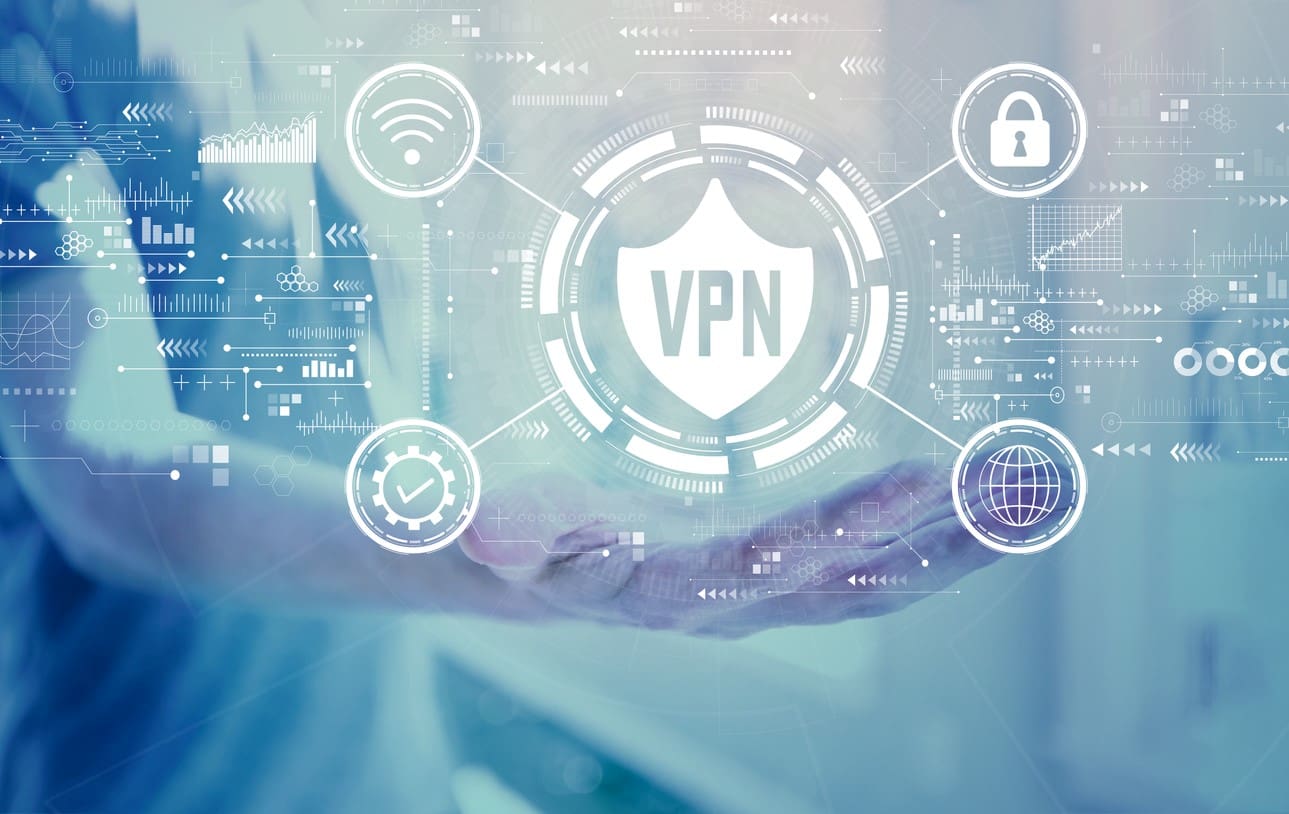Browsing the internet in modern days can be risky. For instance, when you are using public Wi-Fi, any person on the same network with a little tech know-how can easily access your online activity and location.
Luckily, virtual private networks, better-known VPNs, provide a good way for remote and in-office workers to mask their online activity and keep prying eyes off their employer’s information. But just how safe are VPNs for work?
Keep reading to discover the common cons of using VPNs.
Complicated setup
The process of VPN access setup, management, and configuration can be pretty complicated and time-consuming.
Considering that most employees are not tech-savvy, using VPN networks can become a big challenge and often calls for increased labor in terms of IT support staff. Additionally, the complicated configuration and setup processes translate to more time loss, which could have otherwise been used to engage in other productive activities.
Luckily, investing in a simple file server access solution such as Triofox can ensure your remote team easily and safely access your network or file server. The best bit about such tools is that they provide secure, remote access without a VPN and still ensure that everyone who accesses your file server is authenticated and uses a secure internet connection.
VPN hinders collaboration among workers
Apart from contributing to IT complexity in its setup, VPNs can hinder collaboration among remote workers. Most VPNs are not designed to support entire organizations operating remotely.
With a large volume of employees connecting over a VPN network remotely, most networks will be overwhelmed. In other words, you are likely to experience a delay in content syncing and file sharing, which are the two most critical aspects of an effective remote work model.
Such performance challenges can ultimately affect your business’s productivity which calls for finding more effective ways of securing your work remotely other than VPN.
Complexity hinders scalability
As businesses start to experience growth, most enterprises try to solve the overload issues with additional VPN appliances and concentrators.
However, this approach only serves to add to the cost and the complexity of the already complex system. These complications become a hindrance to scalability and can only be overcome by finding other options for securing your company data without relying on a VPN.
Security loopholes
While most VPNs may promise maximum security, they may not be entirely secure, and users are always at a risk of having their IP addresses leaked.
Therefore, if you intend to invest in a VPN for your workers, it would be important to check online reviews on the provider to see if they have had a history of IP leakage. Free VPNs are especially prone to leaks and must never be used for work.
Dropped connections
Dropped connections are a nightmare for any business owner who depends on a virtual private network for their online security.
A dropped VPN connection should not be confused with losing your internet connection. Instead, a dropped VPN connection means that you cannot connect to the servers hiding your identity, leaving your true network and IP information on display for everyone putting your company at risk of a cyber-attack.
Slow speeds
Because a VPN network is a virtual connection inside a physical network, your internet speeds will be negatively affected. Slow speeds are especially a problem with free VPN, which must be avoided by all means.
Final words
VPNs are not developed equally, and you may find them useful for certain purposes in your organization. However, you can find many other alternatives to VPNs, such as file server access solutions, that effectively ensure your business remains safe from cyberattacks.
